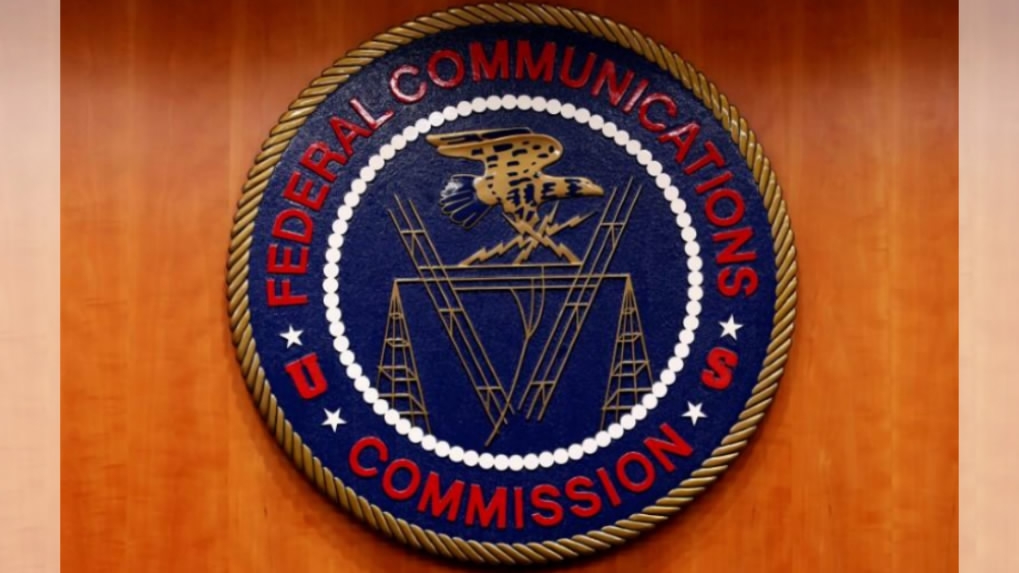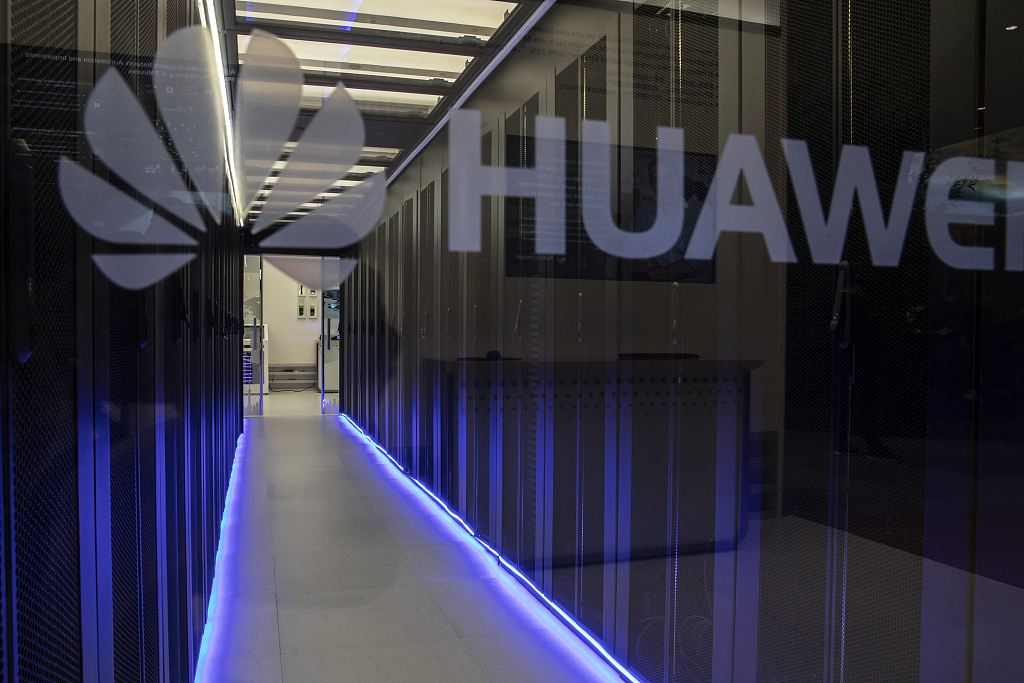
Editor's note: Andy Mok is a research fellow at the Center for China and Globalization. The article reflects the author's opinions and not necessarily the views of CGTN.
According to the Communications Act of 1934, the Federal Communication Commission has a mandate to "make available so far as possible, to all the people of the United States, without discrimination on the basis of race, color, religion, national origin, or sex, rapid, efficient, nationwide, and world-wide wire and radio communication services with adequate facilities at reasonable charges." Earlier this week, the bipartisan commission's three Republicans and two Democrats declared Huawei and ZTE a threat to U.S. national security. By doing so, the FCC betrays this mission because this decision may lead to short-term disruption and potentially devastating loss of wireless connectivity to Americans living in, working in, and traveling through rural parts of the country.
Forcing rural wireless carriers to replace Huawei and ZTE equipment would be a nightmare and could cost up to 1 billion U.S. dollars, according to the Rural Wireless Association, the trade association which represents carriers with less than 100,000 subscribers. But the indirect economic and human cost of this misguided decision would be far greater. Many businesses would be unable to operate effectively without wireless connectivity from the wheat fields to the oil patches of rural America.
For example, by making an investment of 32 million U.S. dollars in Huawei equipment several years ago, Pine Telephone Company in southeastern Oklahoma was able to provide wireless internet services to local businesses ranging from wine retailers to clothing merchants and business consultants. Digital connectivity has allowed these businesses to both attract customers and make online sales and also played a pivotal role in attracting tourists to this part of the country. But this is now all at risk, and, according to business and community leaders there, any disruption of wireless connectivity would be catastrophic for the local economy.

The Huawei Technologies Co. logo is displayed on a glass wall in front of a cloud computing and server display in the exhibition hall at Huawei headquarters in Shenzhen, China, March 6, 2019. /VCG
The Huawei Technologies Co. logo is displayed on a glass wall in front of a cloud computing and server display in the exhibition hall at Huawei headquarters in Shenzhen, China, March 6, 2019. /VCG
In the Pacific Northwest, the story is similar. Eastern Oregon Telecom provides internet services to approximately 4,000 customers, with many located in remote farmland. According to Joe Franell, the company's CEO, the Huawei equipment used to provide this service is not only dependable but priced at less than a third of what competitors charge. If the company is forced to replace this equipment, Franell expects service disruption at a minimum. The cost of doing so may even jeopardize the company's ability to continue as a going concern.
But the danger is not just economic and from the loss of wireless internet. Disruptions caused by removing Huawei and ZTE equipment also endanger the lives and safety of those traveling through rural areas that may not have mobile phone service. Loss of phone service would also sever a crucial lifeline for residents requiring medical services as a mobile telephone may be the only way to reach hospitals and other health care providers.
While the FCC believes that Congress will provide appropriate funds to subsidize this equipment's replacement, the availability of these funds timely to avoid service disruption may just be a pipe dream given the political gridlock and dysfunction in Washington. As such, this decision is a serious dedication to duty. Moreover, this decision may not just result in a temporary disruption but may result in permanent loss of service across the country as some carriers may not survive the economic fallout.
While images of big cities like New York, Los Angeles and Chicago spring to mind when thinking of America, 97 percent of the U.S. land area is rural, with a population of 60 million or 20 percent of the country living there. The Rural Wireless Association stated that it is stunned by this irresponsible decision by the FCC because it threatens wireless carriers' viability to provide an economic lifeline to a part of the country already under extreme duress. But this decision also will also make it even more difficult for rural businesses and residents to be provided with 5G-related services.
The FCC is not only betraying its mission to serve all the people of the United States but also widening the gap between the digital haves and have-nots. Unless it reverses course, rural Americans will be yet another victim of the U.S. government's misguided and self-destructive anxieties about China.
(If you want to contribute and have specific expertise, please contact us at opinions@cgtn.com.)